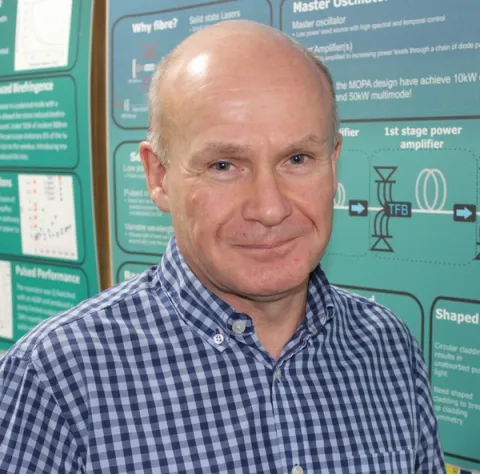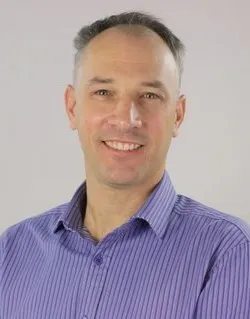About the project
Two-micron fibre laser technology has the potential to yield a wealth of new applications in areas such as industrial laser processing, medicine, defence and optical communications. Moreover, significant power scaling advantages can be gained by moving from traditional ytterbium-doped fibre lasers operating in the one-micron band to the two-micron band.
The focus of this project will be to investigate novel approaches for scaling output power from thulium doped fibre lasers operating in both continuous-wave and high peak power pulsed regimes. The research programme will study the physics of thulium and holmium doped fibre gain media to formulate new strategies for scaling laser output power whilst simultaneously achieving high efficiency and good beam quality.
Thulium and holmium doped glasses offer access to a wide range of wavelengths in the two-micron band, so an important aspect of the programme will be to develop lasers with flexibility in operating wavelength driven by the needs of emerging applications in areas such as medicine and materials processing. Laser architectures that are compatible with coherent beam combination to allow scaling beyond the fundamental limits of a single fibre will be a main theme. Finally, the project will consider a range of novel applications made possible by the improved laser performance.
The project will involve close collaboration with one of the world’s leading manufacturers of high power fibre for applications in defence and security (Leonardo based in the UK).
The ORC is one of the world’s leading research institutes in laser science and photonics. Its researchers have made pioneering advances in the high power fibre lasers and solid-state lasers that currently have widespread industrial applications. Our past graduates have made successful careers in academia, in national scientific laboratories, and as scientists or business leaders in industry.

